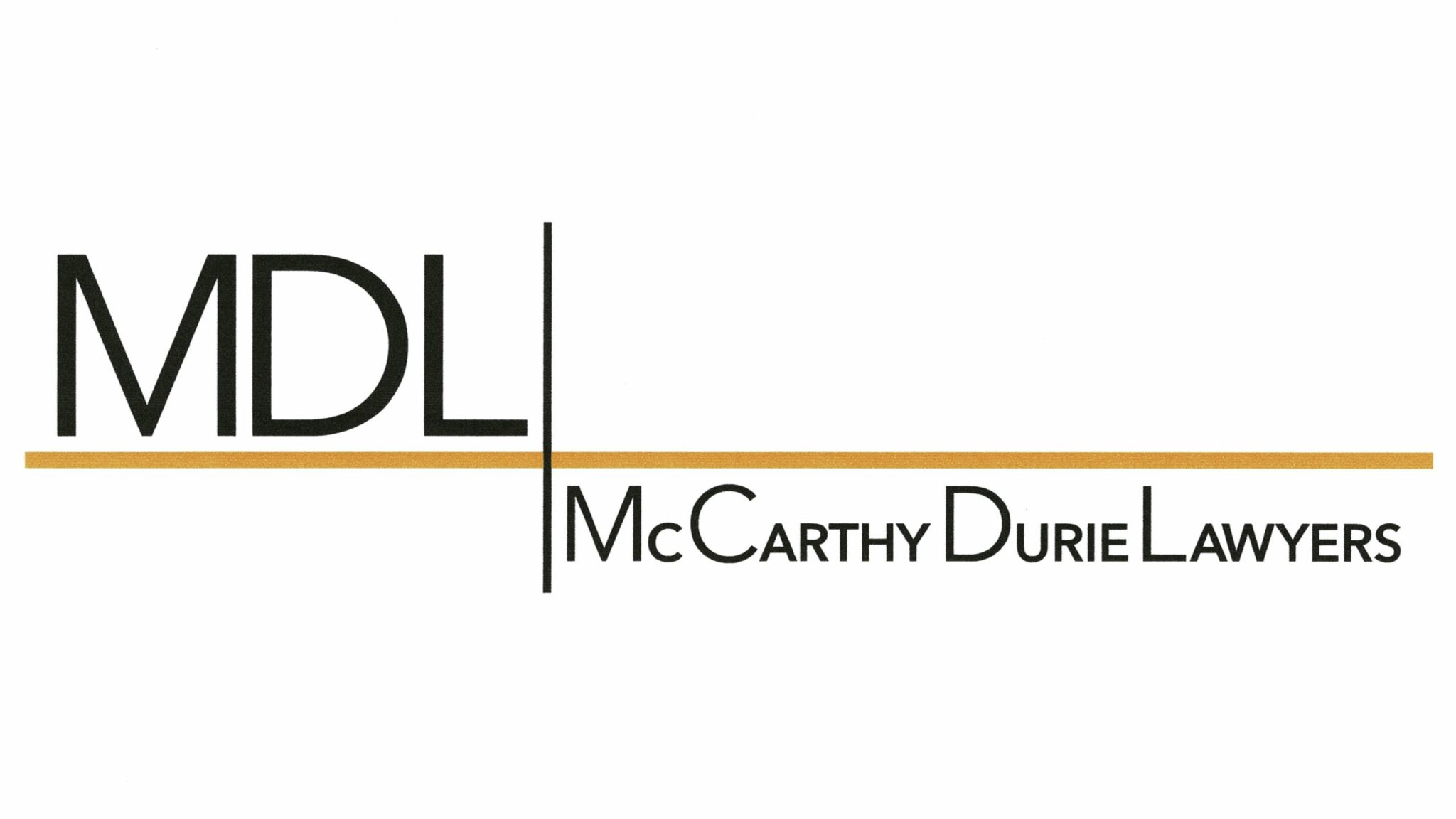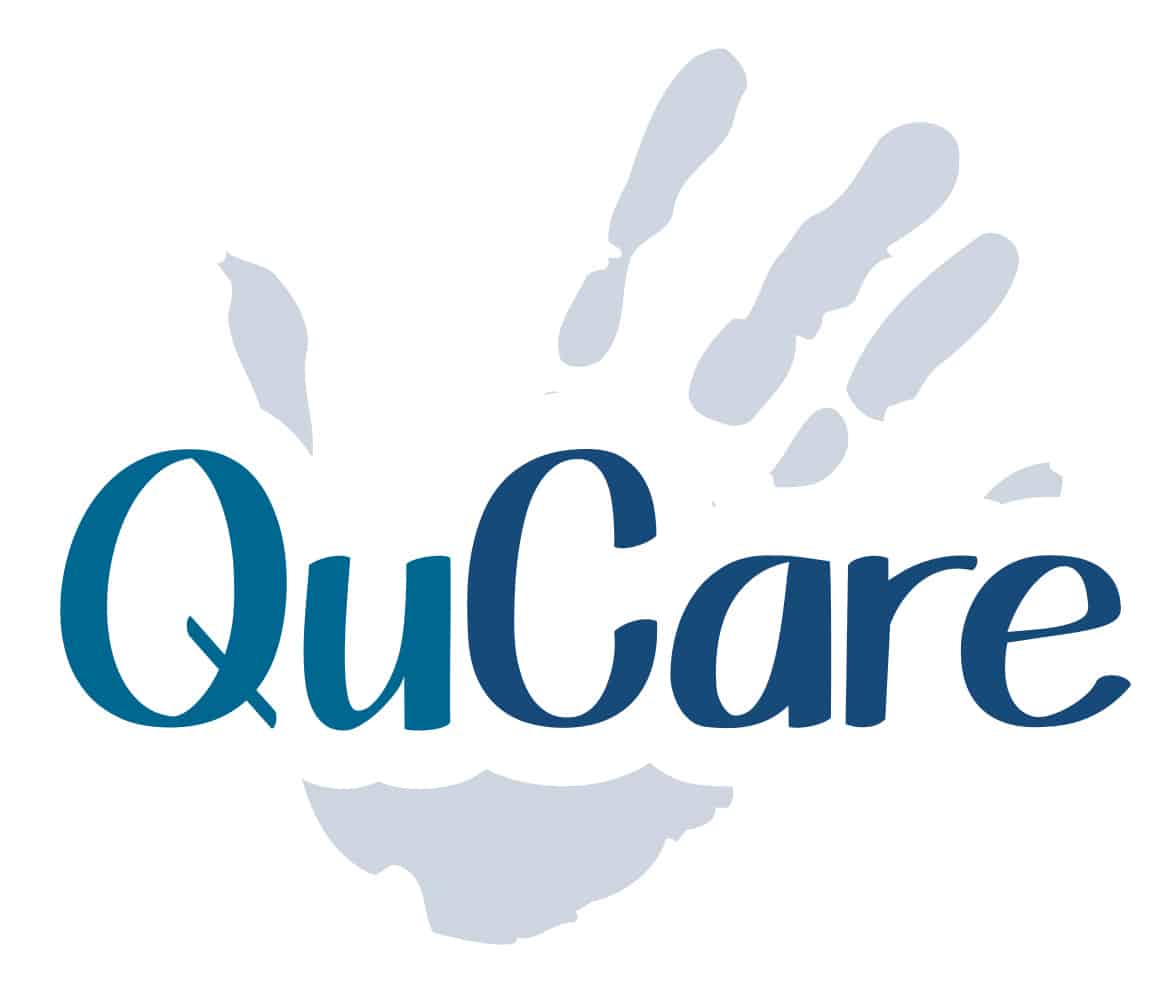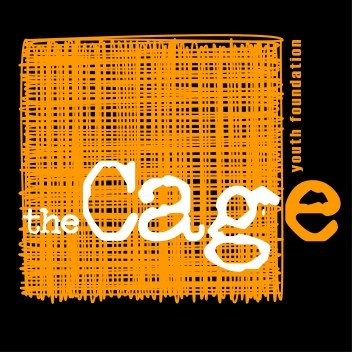The Discretionary Family Trust in one basis of tax and estate planning which has become quite popular in recent years in view of the increasing burden imposed on private companies and individuals. The Discretionary Family Trust is essentially a device for splitting the income of a family group by channelling the earnings of the head of the family through a trustee arrangement to individual members of the family. It is used as a vehicle to take up or purchase interests in partnerships, shares in private trading companies and holding companies and to purchase income producing units such as rented properties, flats, factories, shops and offices and also for the purchase of shares in publicly listed companies and as a vehicle through which to carry on a business.
Any future investment property purchases or other passive investments could be ‘housed’ within such a Trust structure. Any professional, trades person or business owner is at risk and their assets are exposed to risk of loss on the occurrence of certain events.
Generally, assets held by an individual are exposed to risk of loss should the owner come under attack as a result of claims by third parties, including divorce, bankruptcy or creditors etc. In such an event, the risk of loss would be as a result of an Order of Court, or by the enforcement of a Court Judgment obtained against the owner.
The best form of asset protection is that provided by a fully discretionary trust, because in a discretionary trust, a beneficiary does not own or have an interest in the property held in the trust. This means that if a beneficiary were to be the subject of a claim, the creditor would have difficulty barging into the trust and obtaining an Order affecting the trust property.
Discretionary trusts first began over 400 years ago, and the English and Australian Courts have consistently confirmed that a beneficiary of a fully discretionary trust does not have an interest in the trust property. Such beneficiaries have a mere expectation to be considered when the trustee decides to make a distribution, whether income or capital, from the trust.
The type of Trust that I recommend is a fully discretionary Trust ie. there are no default provisions and no appointed default beneficiaries. Thus, all the Beneficiaries have no right or entitlement to any of the assets or benefits of the Trust.
The Trustee has the absolute discretion to decide as to whom, amongst those beneficiaries, will receive what portion of the Trust income and/or assets, when they are to receive it and how they will receive it.
Put another way, the Trustee determines from time to time, amongst the range of beneficiaries, what to give to whom and when – whether income or capital. This flexibility is a strong point of a Discretionary Trust. The beneficiaries only have an expectation to be considered by the Trustee.
The result of this is that, at law, none of the beneficiaries can be said to own an interest in the Discretionary Trust assets until the Trustee has allocated any such interest to the beneficiary. In a sense, ownership of the assets is held in suspense until the Trustee makes decisions to pay income or capital to a particular beneficiary.
Because of this, if a particular beneficiary comes under attack, whether on bankruptcy or otherwise, his or her assets do not include the assets of the Discretionary Trust (unless the Trustee of the Trust has allocated income or capital to that beneficiary and has not, at that time, transferred/paid that capital or income to that beneficiary).
The only right that a beneficiary has under a Discretionary Trust is the right to request that the Trust be administered correctly.
A special from of discretionary Trust is a Descendants Discretionary Trust. The advantage of this form of Trust is that the provisions categorically provide that the capital of the Trust can never go outside the “bloodline” viz. the direct descendants, during the life of the trust. Income of the trust can be spread amongst in-laws and ‘out-laws’ but never the capital.
Descendants Discretionary Trusts can be established during one’s lifetime (Inter Vivos) or under a Last Will (Testamentary).
Family Asset Protection – Beta Strategy and Contractual Wills
In a perfect world there would be no need to consider protecting one’s personally owned assets nor one’s hard earned wealth. Unfortunately, as we all know, we do not live in a perfect world and due to:
1. The failure of HIH, FAI and UMP;
2. Our ever increasing litigious society (Queensland is the third highest State in the World in the litigation stakes);
3. The enormous compensation payments being given by the Courts (following the American legal system);
It is now almost mandatory for professionals, trades persons and business owners to consider implementing a suitable asset protection strategy to safeguard themselves.
Clearly, such persons would like to continue to earn future income and protect personally owned assets without risk of loss. If they were unable to secure their assets and their capacity to earn income, they would probably consider retirement from their business. Obviously, if everyone in business retired or sought employment, the community would be without that service and the community would suffer as a result.
All assets owned by high risk individuals are at risk of loss. Thus, it is pertinent to consider asset protection.
Asset owners have five options when considering asset protection, namely:
1. Transfer all the joint assets to the non-risk spouse. There are two major disadvantages with this option, namely:
1.1 The spouse at risk loses all control of the joint assets;
1.2 The implications of CGT and Stamp Duty are prohibitive and often not within the means of the parties;
1.3 On the death of the non-risk spouse all assets revert to the risk spouse.
2. Transfer all the joint assets to a fully discretionary Trust. The disadvantages of this option are:
2.1 The implications of Capital Gains Tax (‘CGT’) and Stamp Duty are prohibitive and often not within the means of the parties;
2.2 By placing the principle main residence into a Discretionary Trust will mean the loss of the primary residence CGT exemption. Thus, on the sale of the primary residence, CGT will be payable.
2.3 Any net losses incurred in respect of a negatively geared property will be quarantined within the Discretionary Trust. Such losses cannot be offset against any personal income earned by the parties.
3. Beta Strategy. See below.
4. Contractual Will arrangement. See below.
5. Do nothing! – This stems from the belief that “it will never happen to me” and that most parties are prepared to take the risk of continuing in their professions or business confident that nothing will go “wrong”.
The asset protection strategies 3 and 4 above are widely implemented and they both make indirect use of a discretionary Trust to provide the required protection.
The Beta Strategy entails the establishment of a discretionary finance Trust and via a net equity gift and loan back arrangement between the asset owner and the Trustees of the Trust, the Trust becomes a secured creditor of the asset owner’s estate in the same way that a Banking Institution is secured in respect of any loan it may have made to an individual to purchase a property.
There are no taxation consequences of the transaction ie. there is no taxation advantage or disadvantage relating to same. Nor are there any stamp duty or CGT implications when establishing such an arrangement.
The Contractual Will arrangement also entails the establishment of a discretionary finance Trust and under such an arrangement, the asset owners (as Will-makers) enter into a contract with the Trustees of the Trust whereby the asset owners promise/pledge their assets to such Trust.
This contract ensures that the assets would not feature in any dispute under the asset owners Will and provides asset protection by the creation of enforceable rights against third parties which arise after the signing of the contract.
Again there are no taxation consequences of the transaction ie. there is no taxation advantage or disadvantage relating to same. Nor are there any stamp duty or CGT implications when establishing such an arrangement.
Current case law acknowledges an individual’s right to protect one’s assets in a family arrangement environment.
The above asset protection strategies have been tested in Court and are sound legitimate arrangements.
Richard Finlay
Finlay Legal Lawyers
Tel: 07-3821 7839
Fax: 07-3821 7837
Mob: 0438 738 222
Email: [email protected]
Richard Finlay



































